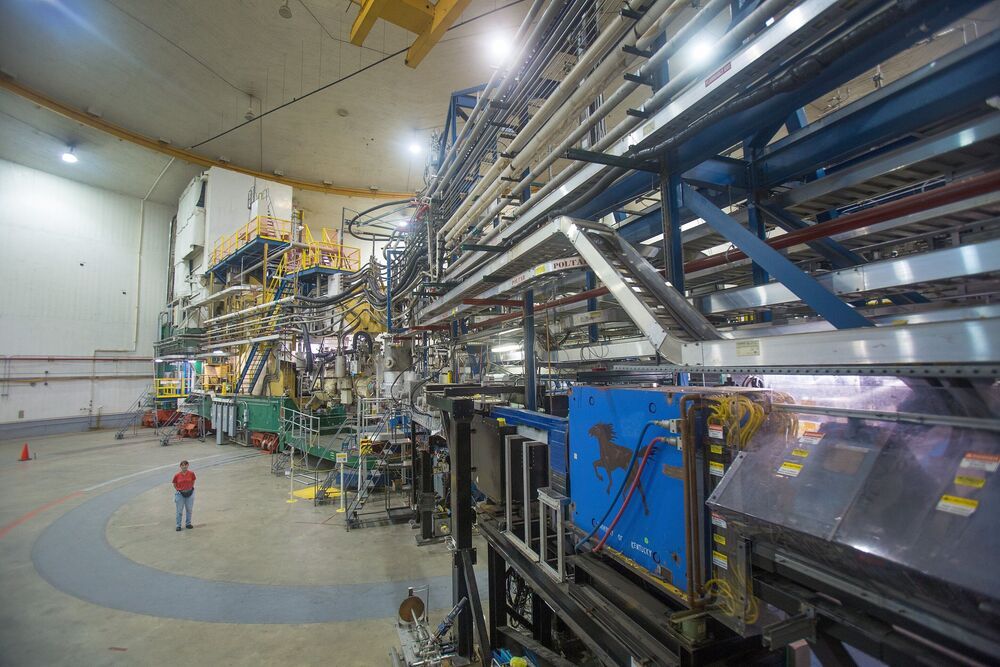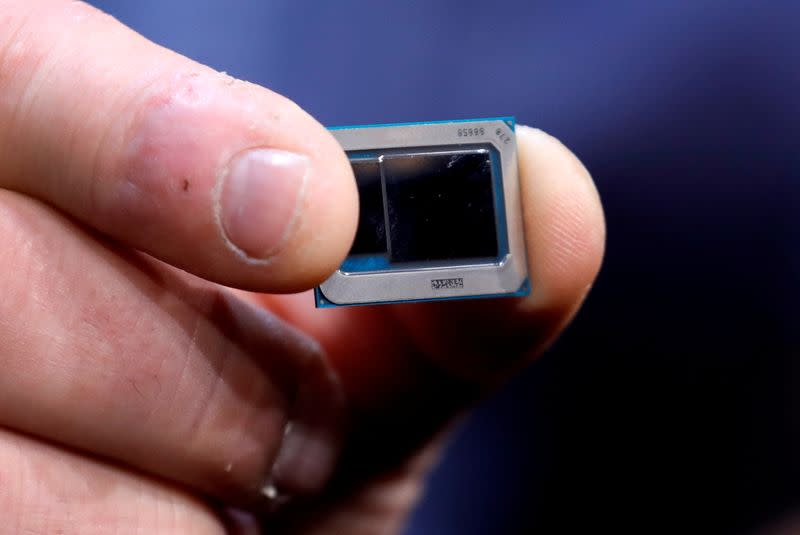Quantum simulators are a strange breed of systems for purposes that might seem a bit nebulous from the outset. These are often HPC clusters with fast interconnects and powerful server processors (although not usually equipped with accelerators) that run a literal simulation of how various quantum circuits function for design and testing of quantum hardware and algorithms. Quantum simulators do more than just test. They can also be used to emulate quantum problem solving and serve as a novel approach to tackling problems without all the quantum hardware complexity.
Despite the various uses, there’s only so much commercial demand for quantum simulators. Companies like IBM have their own internally and for others, Atos/Bull have created these based on their big memory Sequanna systems but these are, as one might imagine, niche machines for special purposes. Nonetheless, Nvidia sees enough opportunity in this arena to make an announcement at their GTC event about the performance of quantum simulators using the DGX A100 and its own custom-cooked quantum development software stack, called CuQuantum.
After all, it is probably important for Nvidia to have some kind of stake in quantum before (and if) it ever really takes off, especially in large-scale and scientific computing. What better way to get an insider view than to work with quantum hardware and software developers who are designing better codes and qubits via a benchmark and testing environment?








